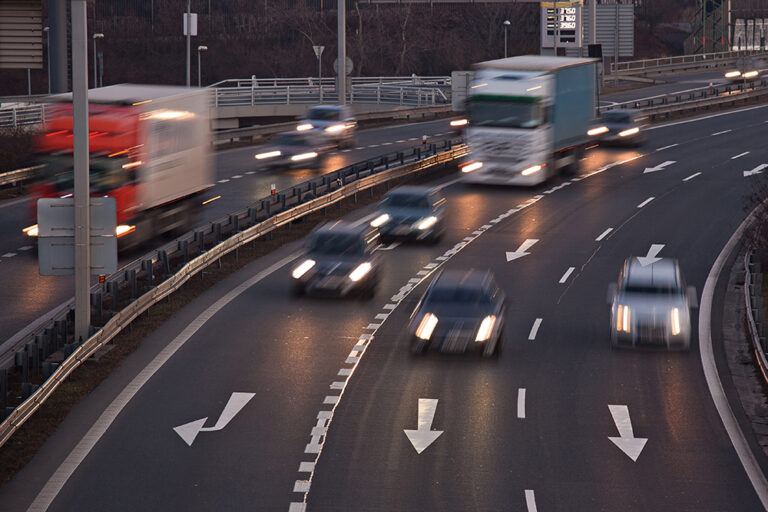The ban on the sale of new petrol and diesel vehicles from 2030 will result in a subsequent decline in two major sources of Treasury revenue, according to the Transport Select Committee, which has today published its long-awaited report, Road Pricing. As sales of electric vehicles increase, Treasury revenue from motoring taxation will obviously decrease, because neither fuel duty nor vehicle excise duty are currently levied on electric vehicles.
The Committee has therefore urged the government to act now to replace a potential loss of £35 billion to the government coffers.
“We need to talk about road pricing,” commented Huw Merriman MP, Chair of the Transport Committee. “Innovative technology could deliver a national road-pricing scheme which prices up a journey based on the amount of road, and type of vehicle, used. Just like our current motoring taxes but, by using price as a lever, we can offer better prices at less congested times and have technology compare these directly to public transport alternatives. By offering choice, we can deliver for the driver and for the environment. Road pricing should not cost motorists more, overall, or undermine progress on active travel.”
The BVRLA – which represents more than 1,000 companies engaged in vehicle rental, leasing and fleet management – welcomed the report’s findings on the whole. However, the Association has reinforced the need for immediate improvement in the systems that will make any new road pricing solution a success.
“Road pricing involves a total rethink about the way we tax motorists and incentivise transport behaviour. It is a controversial topic, and one that successive governments have chosen to avoid,” added Toby Poston, BVRLA Director of Corporate Affairs, who gave evidence to the Committee in October.
As the trade body for the vehicle rental, leasing and mobility services sector, the BVRLA’s members own and operate around four million vehicles in the UK. The sector is already responsible for the majority of battery electric vehicle registrations, with BVRLA members responsible for around half of new vehicles sold in the UK each year.
“Rapid transport decarbonisation and the 2035 Phase Out means that policymakers have to get off the fence and start providing a roadmap for the future of motoring taxation,” continued Poston. “BVRLA members have set out their road pricing principles, and we are delighted that the Transport Select Committee agrees with so many of them, particularly the need to make any system revenue neutral and think about the needs of essential road users.
“Like the Committee, we think the work should start now and the fleet sector is ready to help explore the technologies and policies that will deliver an efficient and effective road pricing system.
“A key role in the implementation of the required technologies sits with multiple government agencies. We need to see them working in close collaboration, receiving additional support in order to meet the challenges of this monumental shift.”







